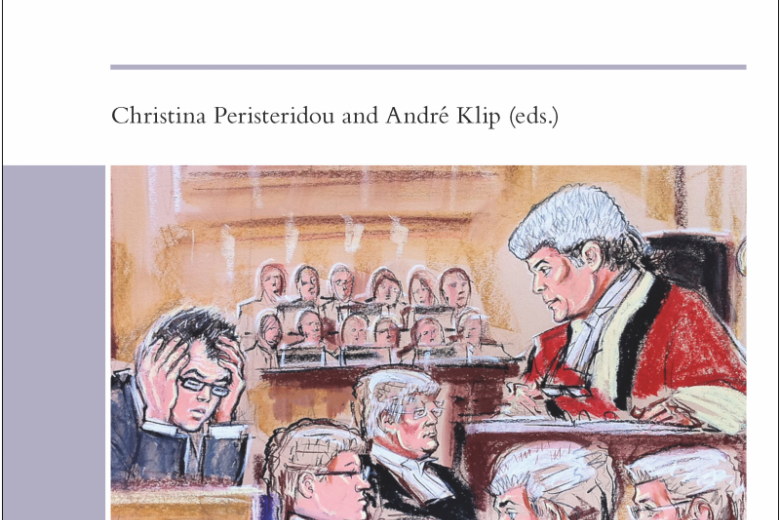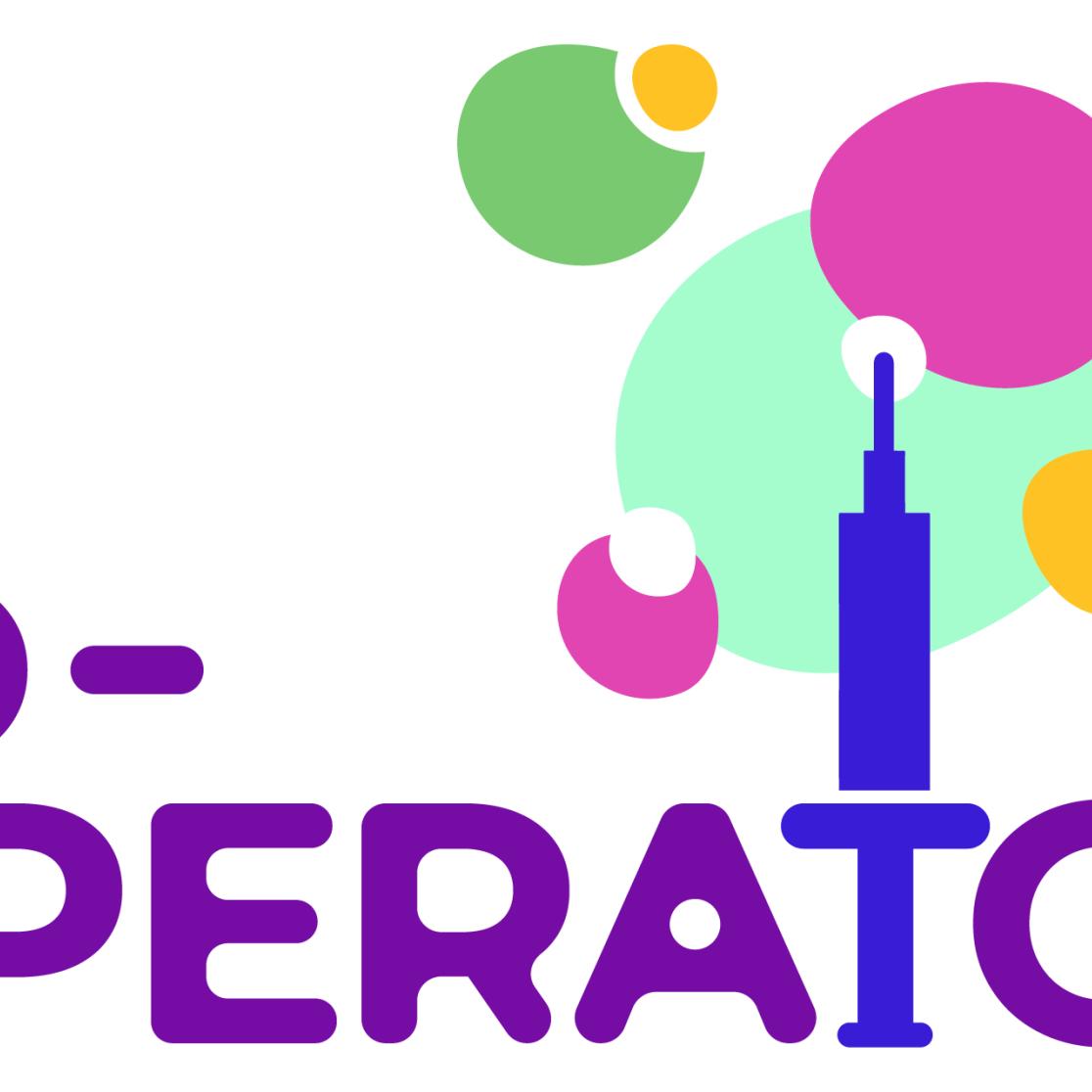As a new student in a strange city, you will be undergoing many changes: a new study, new city, new country, new social life, new responsibilities, new language, new system of teaching and learning. How do things work at this university, where is the library, what is the city of Maastricht like and who are my fellow-students? These are just a few of the changes that you will have to cope with. The Introduction Days are intended to give you a better idea of the various aspects Maastricht University’s Bachelor's programmes.

"Wellbeing, Women and Work in Ethiopia" (3WE) project publishes good practices report
Wellbeing, Women and Work in Ethiopia" (3WE) project shares findings with investors and other stakeholders
Online workshop: Bringing TV techniques to teaching – how to entertain, engage and educate!
- staff training
In this online workshop, you will receive guidance on how to enhance your teaching by using storytelling, videos, interviews and other techniques from the TV industry.

[Cancelled] Workshop: Stimulating learning through team-based assessment
- staff training
One excellent way of stimulating CCCS learning through formative or summative assessments, is by using Team-Based Quizzes. If you want to learn more about this technique, then please sign up for this workshop, where you will experience the 3 steps of this Team-Based Learning format yourselves.

Comparative Perspectives of Criminal Procedure
Criminal justice systems across the globe face similar challenges, yet their solutions to these obstacles might differ for a variet

About the project
European stakeholders face significant variability in addressing vaccination hesitancy and implementing COVID-19 vaccination campaigns among healthcare providers and the general population. Challenges include widespread hesitancy within the population and variations in the communication skills of healthcare providers. To address these issues, cross-country initiatives play a crucial role in knowledge-sharing, especially considering the observed differences in vaccine coverage during the COVID-19 pandemic.
The co-OPERATOR project seeks to capitalize on research findings by developing and piloting a knowledge hub, virtual observatory, and training system across participating countries and beyond. This proof-of-concept initiative aims to gather, structure, and disseminate knowledge, best practices, and resources related to stakeholders' strategies for COVID-19 vaccination and beyond. The primary focus lies in advancing communication and knowledge skills while addressing systemic barriers and facilitators for effectively promoting vaccination messages to the population.
Role of Maastricht University
Maastricht University will lead work Package 6: Translate research evidence to policy recommendations. Within this package we will work on identifying the policy landscape including potential obstacles and challenges for the implementation and transfer of good practices . Furthermore policy Lab will be organised in Brussels aiming to bridge the gap between research and policy. At the end of the project a report on the acceptability, feasibility and usability of identified solutions will be written.
Consortium
The consortium engaged in this project conducted research that uncovered:
- differing success levels in conveying vaccination messages to the population, underscoring the need to enhance stakeholders' capabilities in vaccination promotion, and
- the intricate nature of vaccination hesitancy, necessitating collaboration across diverse entities, ranging from healthcare professionals to local governments.

Involved partners
Coordinator:
- CUT | Technologiko Panepistimio Kyprou
Beneficiaries:
- CSI | CSI Center For Social Innovation Ltd
- MS | Ministerio Da Saude - Republica Portuguesa
- UNIPI | Universita Di Pisa
- CSSA | Computer Solutions Anonymi Viomichaniki Kai Emporiki Etaireia Pliroforikis
- CESIE | Cesie
- ACN | Associazione Cittadinanzattiva Onlus
- EFPC | European Forum For Primary Care
- UM | Universiteit Maastricht
- RadboudUMC | Stichting Radboud Universitair Medisch Centrum
Duration
2023 - 2026 (36 months)
Involved research line
Involved CAPHRI staff
Financing
Cooperator is part of the EU4 Health Programme (EU4H) and is funded by the European Health and Digital Executive Agency (HaDEA) .
Harnessing the Potential of Biobased Value Circles
- symposium
This symposium is the culmination of three years of innovative research and development aimed at accelerating the transition to a biobased and circular economy.
Are consumers well protected in cloud computing contracts?
- Law
Every time consumers use online email, stream music or videos or archive pictures on the internet, it is quite likely that they are using cloud computing. Those online pictures, videos or emails are not stored on consumer’s computers. Instead, they are processed and stored on a group of remotely located computers accessed over the internet, referred to as “the cloud”. While cloud computing can offer consumers a similar, or even better, experience compared to the situation when videos, music or pictures are stored locally on users’ own computers, cloud computing raises some interesting legal questions. These concern the rights of consumers when they enter into contracts with companies providing cloud computing products.
